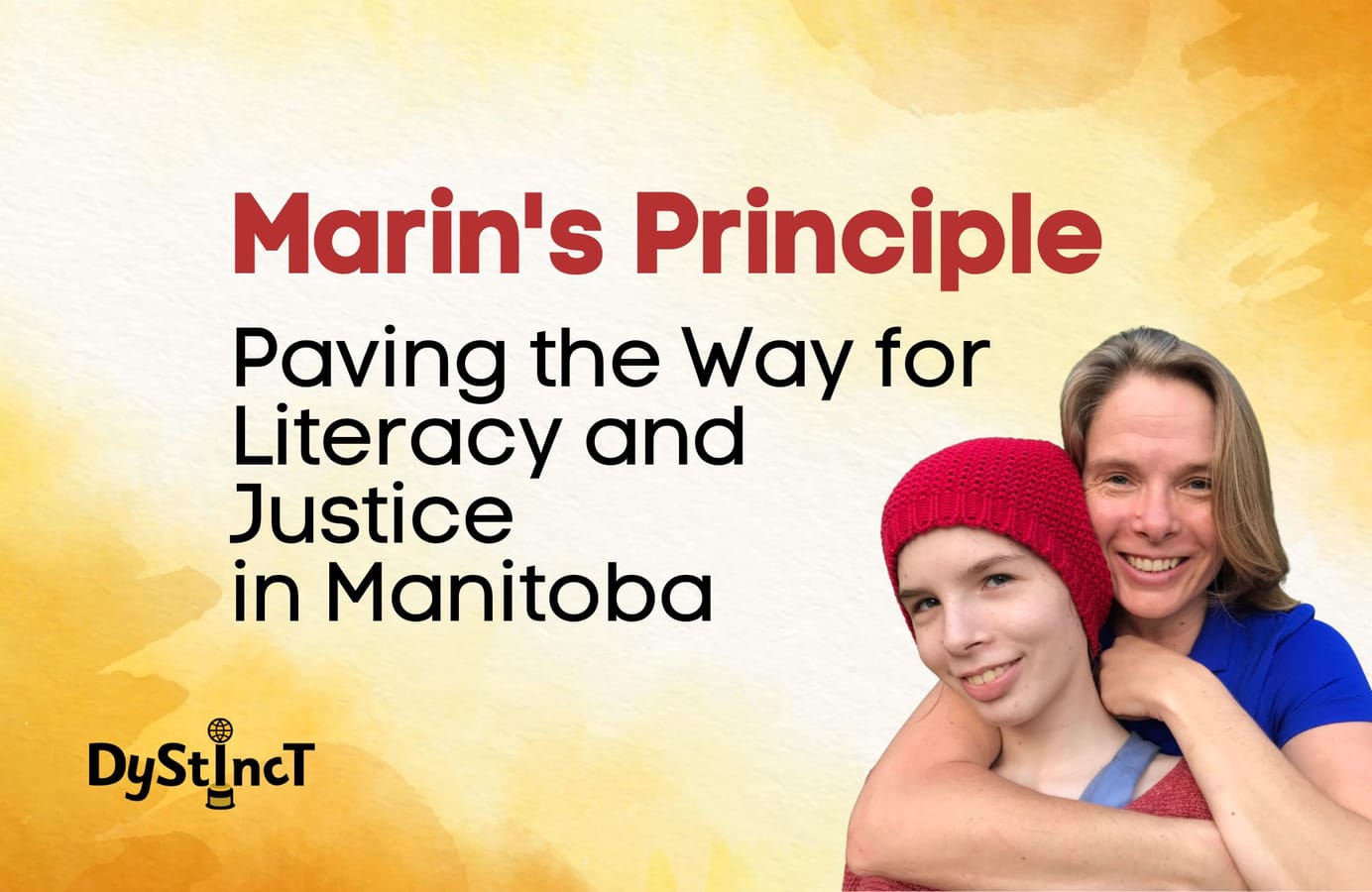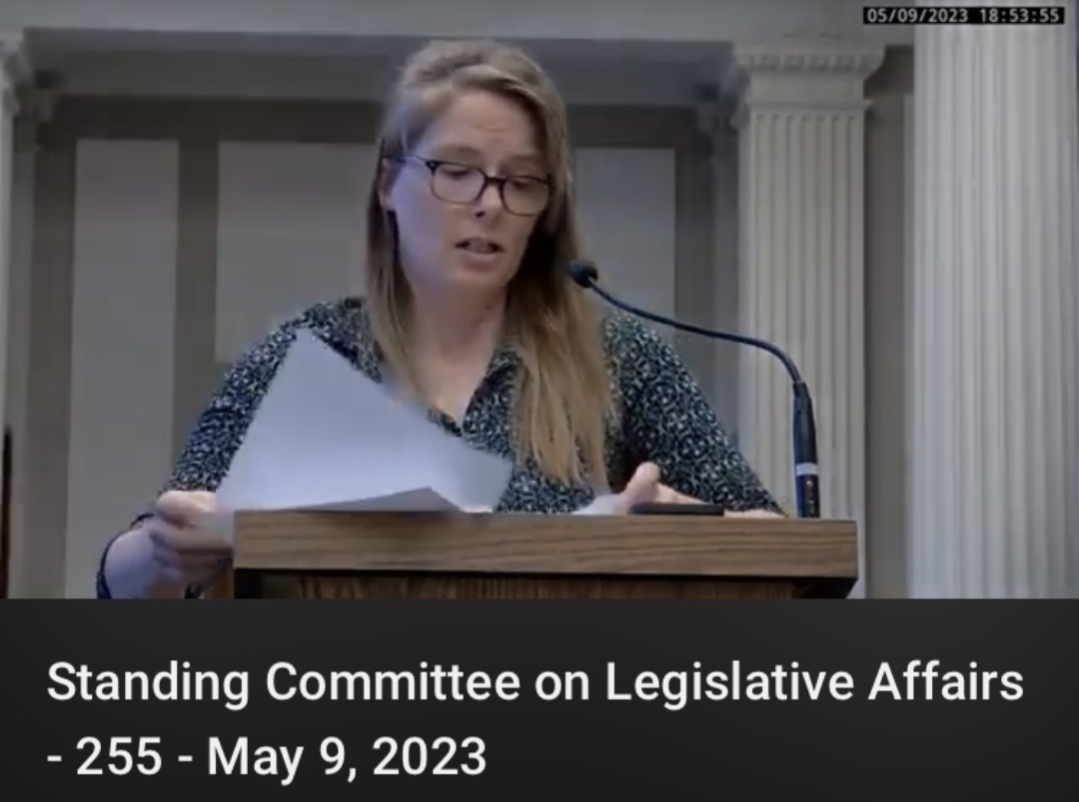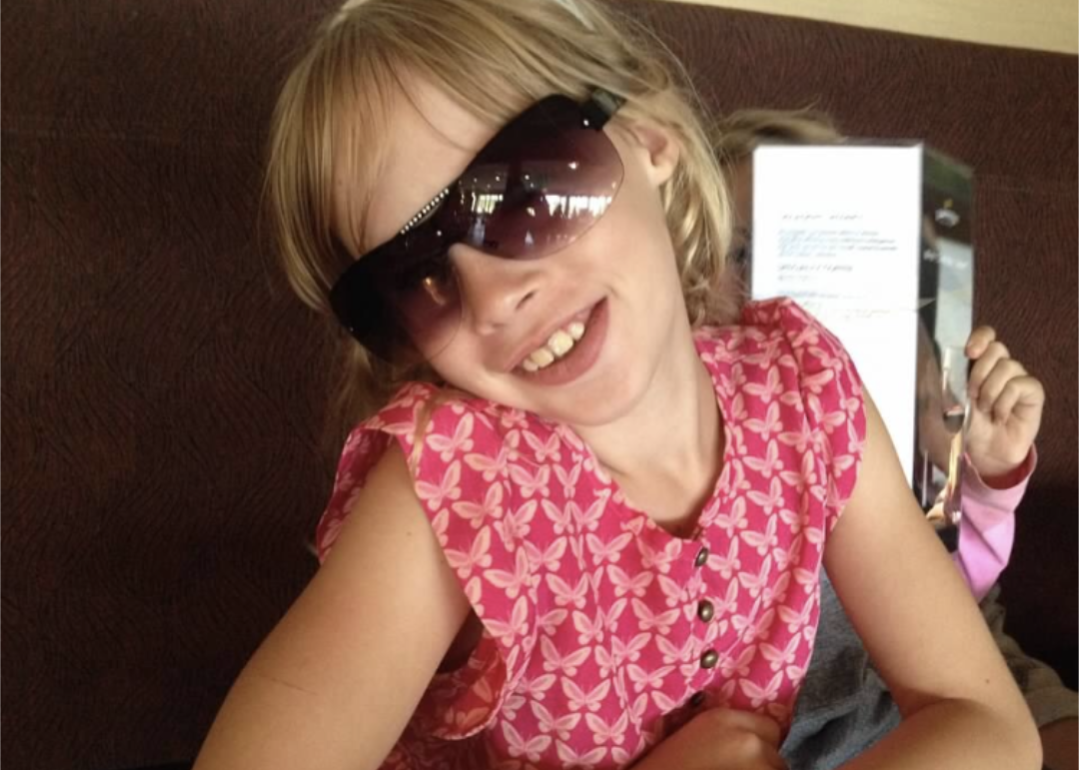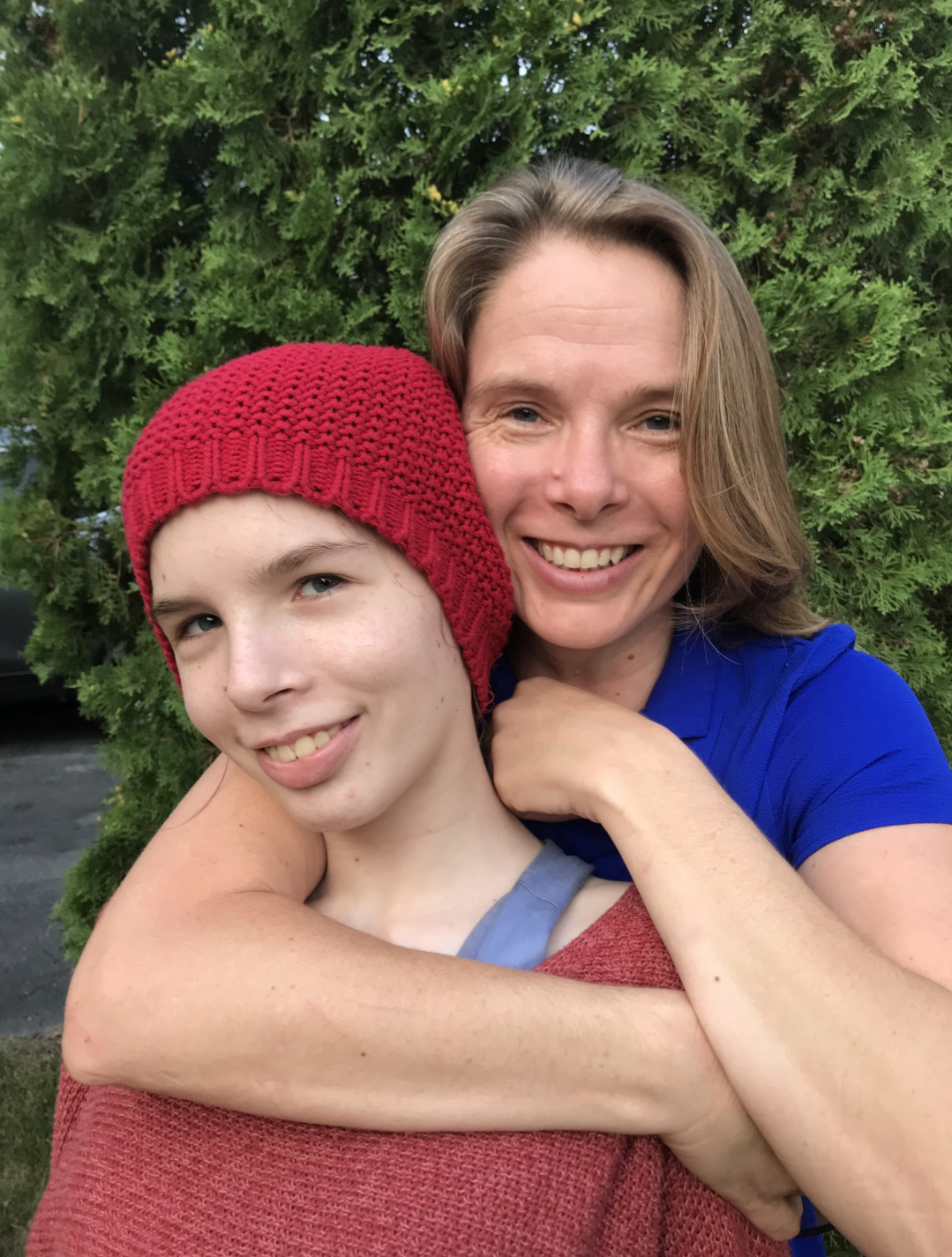
Issue 25: Marin's Principle: Paving the Way for Literacy and Justice in Manitoba
The article highlights Twila Richardson’s relentless fight for justice, alongside the efforts of fellow advocates, and calls for action to advance Marin’s Principle—a bold push for systemic change to guarantee literacy, inclusion, and dignity for all neurodivergent Manitobans.

Twila had been advocating for her children since they were 6 years old. When the twins were 12, Twila realised she could only afford to seek private diagnostic testing for one of them. She made the difficult decision to focus on Marin's sibling first, knowing Marin still needed help but lacking the resources to provide it.
The diagnosis for Marin's twin confirmed what Twila suspected: dyslexia, dysgraphia, and dyscalculia. Even with a diagnosis in hand, there was no relief to the struggles her twins were experiencing. The school system didn't offer Individual Education Plans (IEPs) or meaningful interventions for either child, leaving Twila to navigate an uphill battle on her own.


Twila explored every possible avenue, including considering relocating to a school where teachers trained to support learning disabilities, but no such option existed. Determined to get support for her children, she pursued specialised training herself, equipping herself to teach orthographic and phonological awareness at home. While this filled some of the academic gaps left by the education system, Marin continued to be overwhelmed by sensory, social, and communication challenges at school. She eventually went into burnout, and by the time she was 17, her weight had dropped to 80 pounds. It was at this point Twila made the life-saving decision to pull her from school entirely.
Marin, now 19, has faced immense challenges, spending years misdiagnosed and misunderstood by systems that failed to recognise her needs. It wasn't until 2024, after countless hurdles, that she finally received complete diagnostic testing—answers Twila had been chasing for a long time now.
Marin isn't alone in this journey. As a former classroom teacher, Twila was instructed to teach using whole-word programs, also known as balanced literacy—a method embedded in the curriculum since 1996. From the start, she felt this approach failed to teach children how to read. "I've spoken out about this since 2008," she shares, a conviction shaped by her own experiences as someone who, like Marin, is severely dyslexic, autistic, dysgraphic, and dyscalculic.
Marin's Principle: A Path Toward Literacy and Inclusion
Marin's Principle: A Path Toward Literacy and Inclusion
Through years of advocacy, Twila Richards has faced relentless dismissals. "I've been told it's too late, that we're casualties, and that people don't want to hear our story because it's 'too sad,'" she shares. Yet, she refuses to give up.
Marin's Principle was born out of these struggles—not just for Marin but for everyone who has been left behind by systemic failures. While there have been promising shifts in literacy instruction for younger children, Twila knew these changes came too late for her children and countless others. This sparked the creation of Marin's Principle—a call to action aimed at ensuring that every individual, regardless of age, has the opportunity to become functionally literate.
For years, Twila had presented the Manitoba government with evidence of the lifelong consequences of inadequate literacy instruction: unemployment, underemployment, homelessness, incarceration, poor mental health, and even higher suicide rates. Despite this data, effective changes for older children, teens, and adults have been slow to materialise. Marin's Principle aims to address these gaps by providing neurodivergent Manitobans with the support they need to thrive.
"Marin is not a dropout; she is a survivor," Twila emphasises. "She was saved in 2022, but the trauma remains, not just for her but for countless neurodivergent Manitobans who continue to be excluded." Twila reminds us that neurodivergent individuals deserve dignity, respect, and inclusion. "We know who we are and what we need," she asserts. "Marin is not a casualty, and neither are we—students who are preteens, teens, adults, and those who are no longer in school. We ALL deserve inclusion and choice."
This post is for paying subscribers only
SubscribeAlready have an account? Log in


